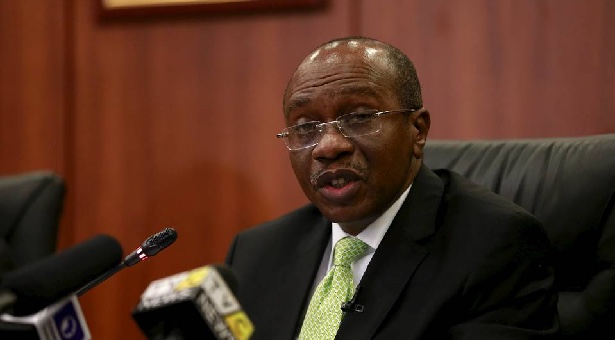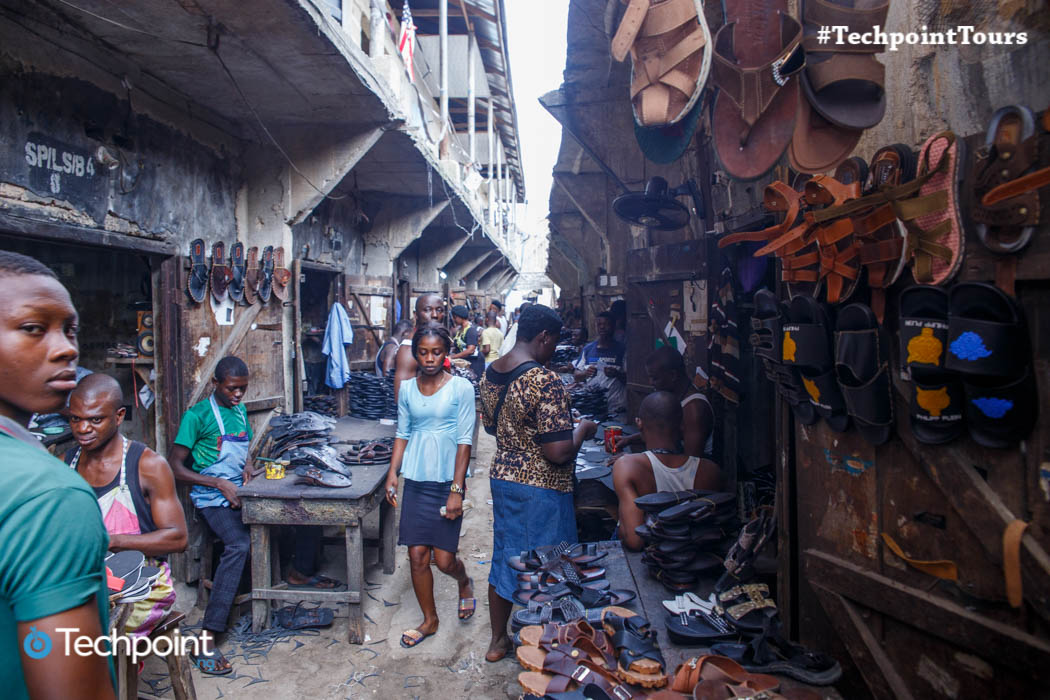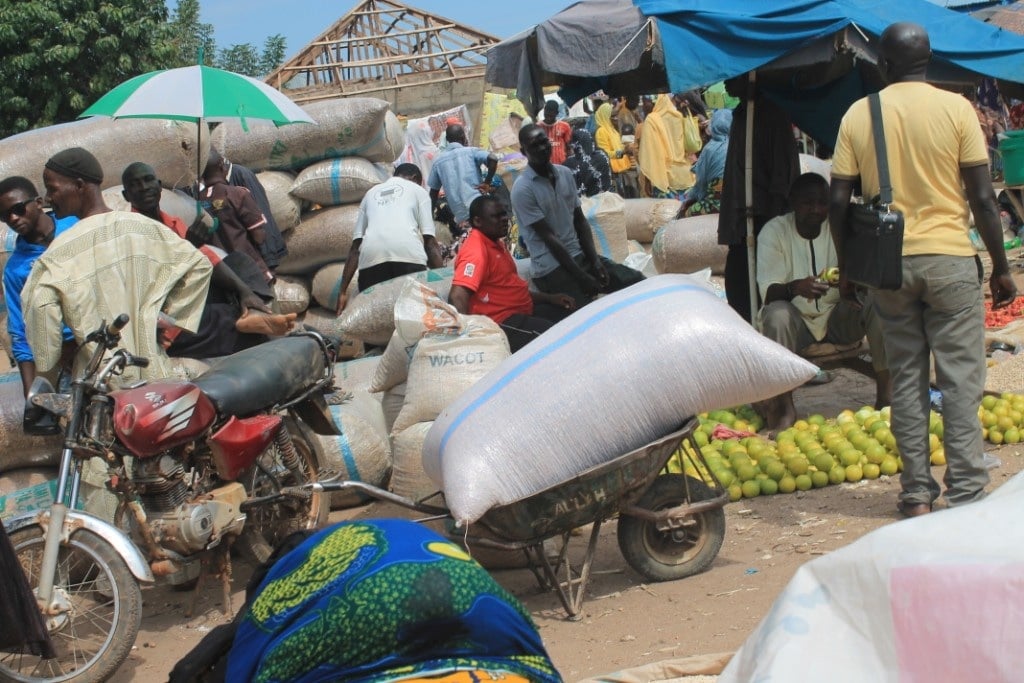On May 30, 2017, Vice President Yemi Osinbajo, then acting president signed two acts into law; the Secured Transactions in Movable Assets Act (Collateral Registry Act) and the Credit Reporting Act.
Suggested Read: A case for proper implementation of the new credit facility laws for Nigerian MSMEs
The former allows micro and small medium enterprises (MSMEs) to access loans using movable assets such as motor vehicles, farm produce, consumer goods, household items and inventory, as collateral.
While the latter allows the sharing of information that lenders need before granting loans.
The implementation of the Collateral Registry Act seems to be taking too long
With only less than 50% of the MSMEs in Nigeria having access to loans from banks and other financial institutions, the idea of a National Collateral Registry (NCR) is exciting.
In countries like Ghana, China, Mexico and Afghanistan, a National collateral registry has successfully facilitated the financing of MSMEs, helping them to grow their businesses and contribute significantly to the economy.
The collateral which is registered into the registry by the lender/financial institution is assigned a certain code number. This code number gives the lender exclusive charge over said asset in the case where the loan cannot be repaid.
“In the case where you search the registry, discover that there’s a first claim by another lender on the asset presented and go ahead to give out a loan on that asset, the lender with the first claim is settled first if the loan goes bad,” Olumide (not real name), a representative of a Lagos-based micro-finance bank told Techpoint.
Olumide gained knowledge about the National Collateral Registry at a training organised by the Central Bank of Nigeria (CBN) earlier this year.
“It was a day-long training, sometime in March or April,” he recalls. “Two people, a credit rep and an IT rep from each bank were expected to attend. We were taught everything about the registry, how it worked, what to expect, and all that”
According to Olumide, the CBN training team toured the entire federation and beginning the training exercise took almost a year after the law was signed because “they (CBN) were working on building the site and putting every other thing in place”.
Till date, Olumide has not been able to put anything he learnt at the training to practice as his bank has not heard from the CBN concerning the registry.
“Right now, we don’t accept movable assets as collateral because of the risk involved, and since we cannot access the National Collateral Registry. We have all submitted our names but we’re yet to get our log in details”.
Speaking to representatives of other microfinance banks in Lagos, they all corroborate Olumide’s claim of the lack of the implementation of the Movable Assets Act. The only movable assets they accept as collateral are cars and even with that, some banks require the addition of a fixed property, depending on the loan.
Almost contrary to their claim however is a statement signed by CBN Governor, Godwin Emefiele in September 2017.

According to the statement, “as at August 24, 2017, 136 financial institutions, 22 commercial banks, 106 micro-finance banks, one non-bank financial institution, three merchant banks, three development finance institutions and one non-interest bank have registered 16,236 financing statements for 20,684 movable assets on the NCR platform, valued at ₦392 billion, particularly the micro enterprises, which are about 99 percent of the 37.1 million MSMEs in the country.”
The CBN’s supposed NCR milestone a few months into implementing the law should be an indication that more MSMEs should have easier access to loans by now. That doesn’t seem to be the case.
Suggested Read: Why credit and financing still remain the bane of SMEs in Nigeria
Not judging the entire system by the meagre number of micro-finance banks I surveyed, it is possible that not all financial institutions have access to the registry just yet. It is also possible that no financial institution has access to it. It is after all a Nigerian thing to sign a law and not see to implementing it properly.
Either way, for the most part, the process of accessing loans is still business as usual. A fixed collateral is required and small business owners with no fixed properties cannot access loans.











